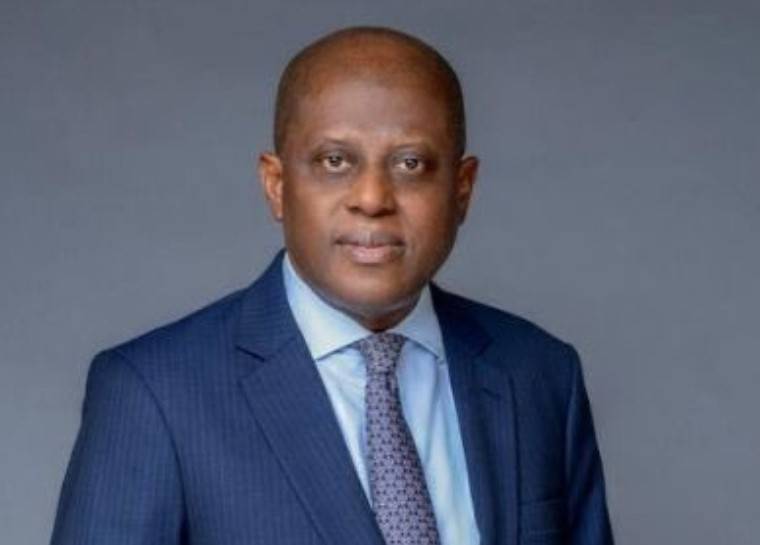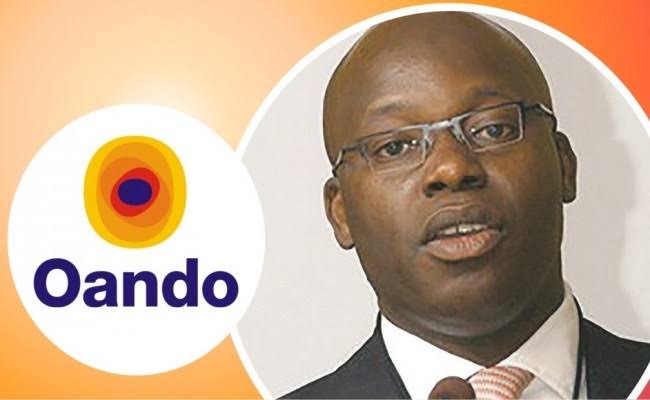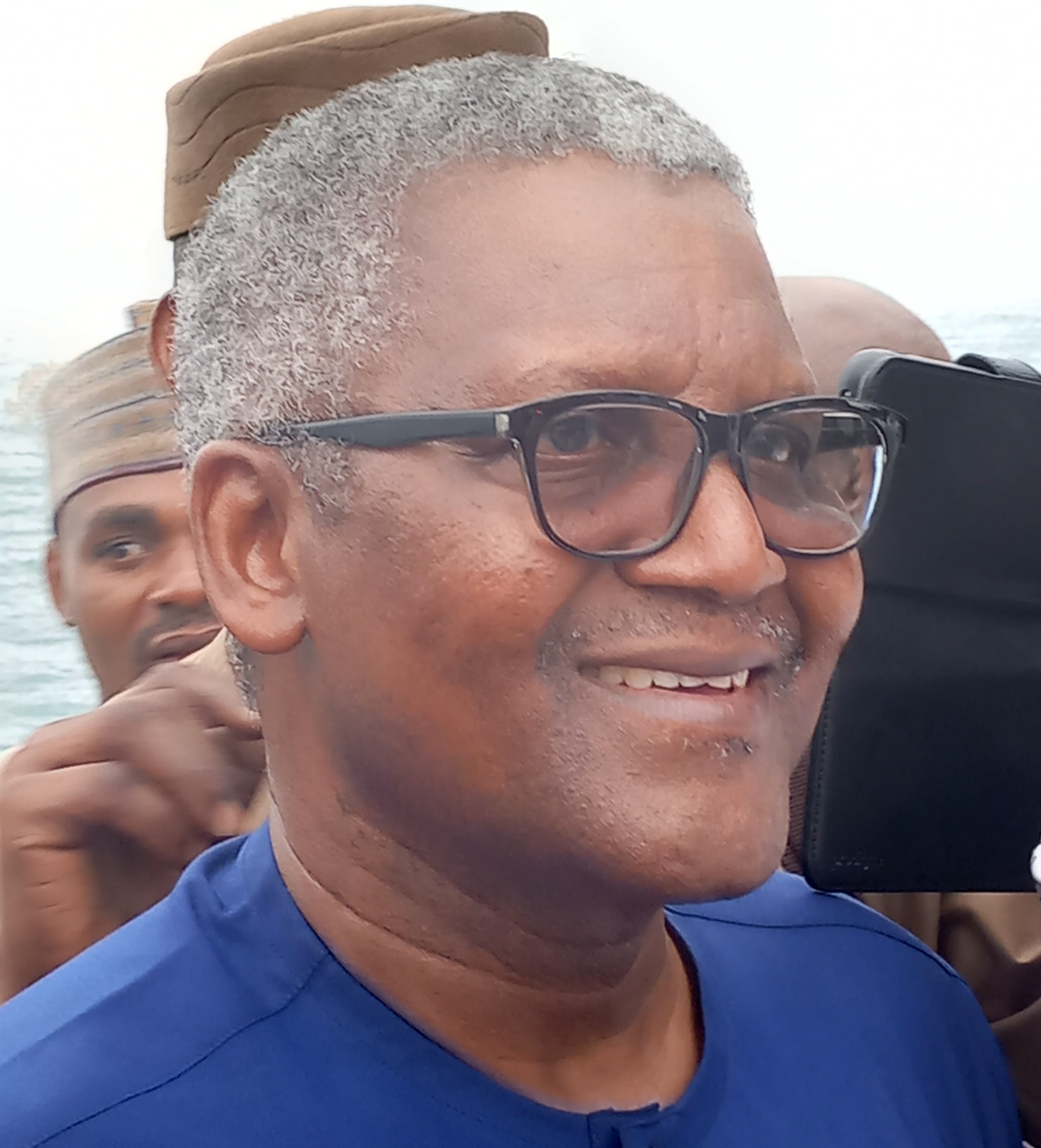The Central Bank of Nigeria has directed a “Post no Debit” restriction on all bank accounts without a Bank Verification Number and National Identification Number effective April 2024.
“Post No Debit” is a term used to describe a restriction imposed by banks on specific accounts, preventing customers from making withdrawals, transfers, or any other debits from their accounts.
This measure effectively freezes the funds in the account, rendering it inaccessible for the duration of the restriction.
The CBN’s directive was contained in a circular issued by the apex bank and sent to all deposit money banks on Friday.
The Central Bank also stated that all the BVN or NIN attached to and/or associated with all ccounts/wallets must be electronically revalidated by January 31, 2024.
The circular was jointly signed by the Director, Payments System Management Department, Chibuzo Efobi, and Director, Financial Policy and Regulation Department, Haruna Mustapha.
The bank said the directive was part of efforts to promote financial system stability and strengthen the Know Your Customer procedures in all financial institutions.
It also amended Section 1.5.3 of the Regulatory Framework for BVN to ensure mandatory registration of all tier-1, 2, and 3 bank accounts and wallets with BVN or NIN.
The circular read, “As part of its efforts in promoting financial system stability, it becomes necessary to strengthen the Know Your Customer procedures in financial institutions under the purview of the Central Bank of Nigeria.
“Accordingly, the CBN hereby issues an amendment to Section 1.5.3 of the Regulatory Framework for Bank Verification Number Operations and Watch List for the Nigerian banking industry.
“In this regard: it is mandatory for all Tier-1 bank accounts and wallets for individuals to have BVN and/or NIN. It remains mandatory for Tiers 2 & 3 accounts and wallets for individual accounts to have BVN and NIN.
“The process for account opening shall commence by electronically retrieving BVN or NIN related information from the NIBSS BVN or NIMC’s NIN databases and for same to become the primary information for onboarding of new customers.
“All existing customer accounts/wallets for individuals with validated BVN shall be profiled in the NIBSS ICAD immediately and within 24 hRS of opening accounts/wallets.”
As a result of the new guidelines, the bank said any unfunded account/wallet shall be placed on “Post No Debit or credit until the new process is satisfied.
It added that all accounts/wallets will be electronically revalidated by January 31, 2024.
The circular further read, “Effective immediately, no new Tier1 accounts and wallets should be opened without BVN or NIN,
“For all existing Tier1 accounts/wallets without BVN or NIN: i. Effective immediately, any unfunded account/wallet shall be placed on “Post No Debit or credit until the new process is satisfied.
“Effective April 1, 2024, all funded accounts or wallets shall be placed on “Post No Debit or Credit, and no further transactions permitted.
“The BVN or NIN attached to and/or associated with all accounts/wallets must be electronically revalidated by January 31, 2024.”
Continuing, CBN further directed all Executive Compliance Officers, Chief Compliance Officers, or Heads of the Compliance Functions to acquaint themselves with the attached guidance notes to ensure full and uniform compliance.
“To ensure uniform and full compliance, the Executive Compliance Officers, Chief Compliance Officers, or Heads of the Compliance Functions are advised to acquaint themselves with the attached Guidance Notes which becomes applicable to ALL institutions regulated by the CBN.
“Also, a comprehensive BVN and NIN audit shall be conducted shortly and where breaches are identified, appropriate sanctions shall be applied.
“Finally, all financial institutions regulated by CBN are required to apply strict compliance on restrictions on Tier1 accounts/wallets as they relate to limits on transaction values and cumulative balances,” the circular concluded.

 News6 years ago
News6 years ago
 Featured6 years ago
Featured6 years ago
 Boss Picks6 years ago
Boss Picks6 years ago
 Headline6 years ago
Headline6 years ago
 Headline6 years ago
Headline6 years ago
 Headline6 years ago
Headline6 years ago
 Headline6 years ago
Headline6 years ago
 Headline6 years ago
Headline6 years ago













